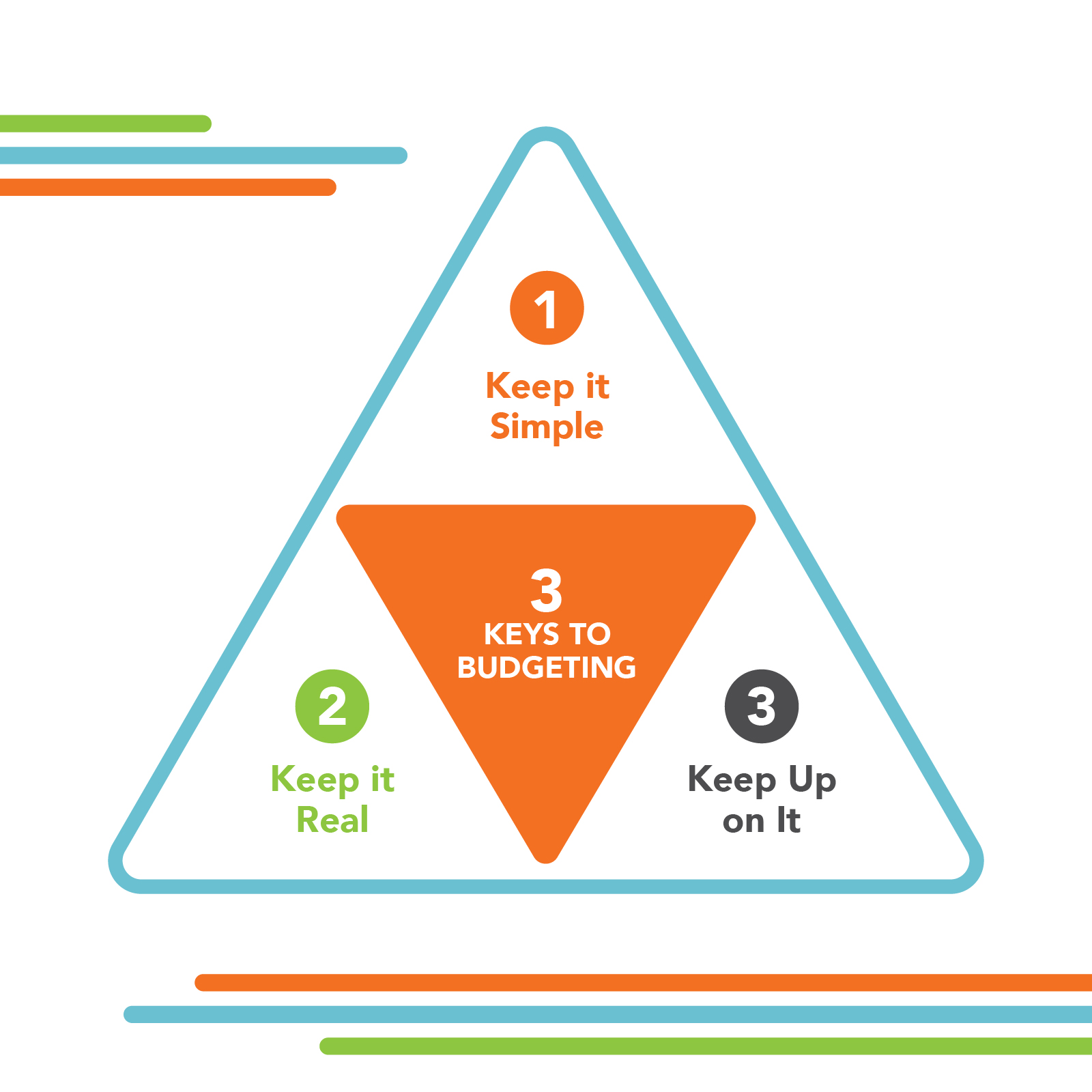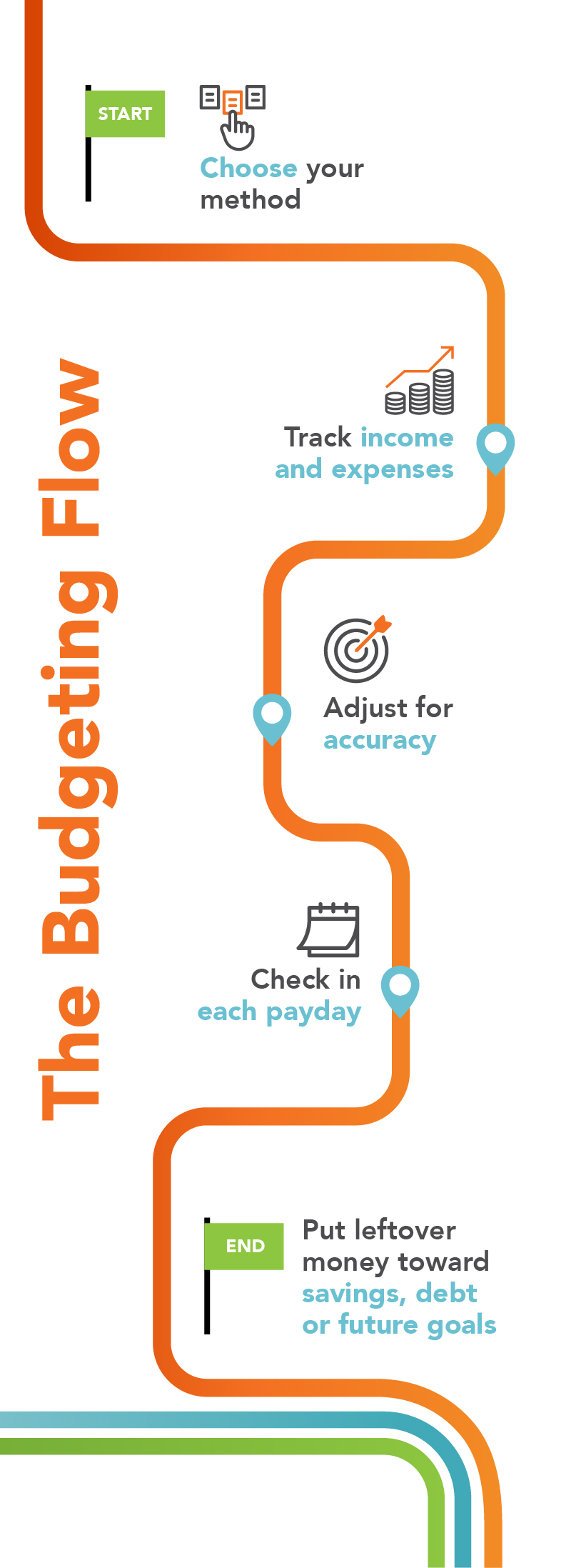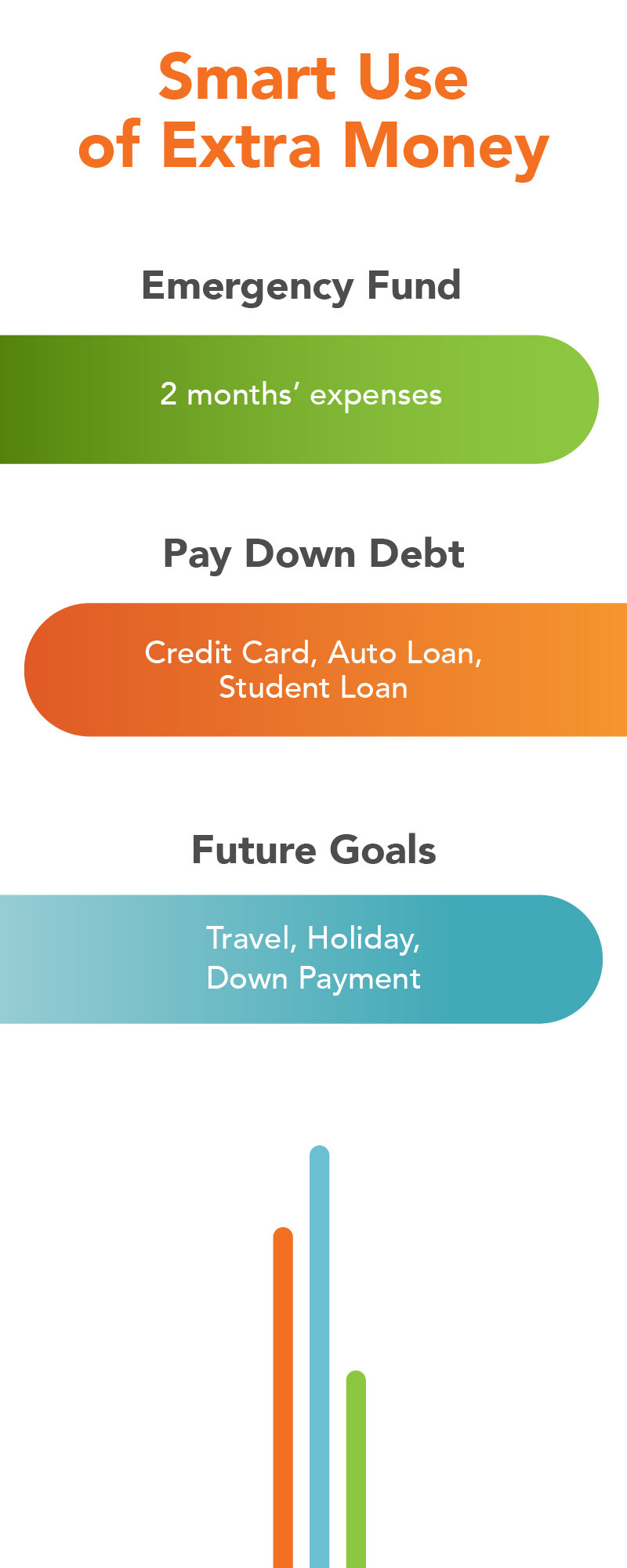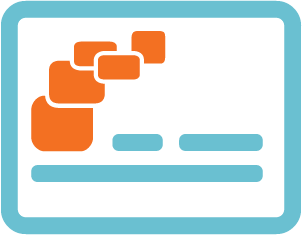Protecting Yourself from Scams and Spam
 There’s nothing quite like receiving multiple spam emails, calls and texts each day. Cisco Systems, Inc. estimates that over 320 billion spam messages are sent every day.
There’s nothing quite like receiving multiple spam emails, calls and texts each day. Cisco Systems, Inc. estimates that over 320 billion spam messages are sent every day.
Spam is, at the very least, an annoyance. At its worst, it can be a scam tactic or digital attack. Learning how to tell what spam is and what is a safe message can be a helpful tool to increase your cyber-safety and protect your information.
Learn How to Spot Spam
There are many ways to determine if an email, phone call or text is spam. Here are a few common ones to help you sort through your inbox.
- Check to see if the sender or caller is legitimate and recognizable by reviewing the email address or area code.
- Review the contents of the email or text for an abundance of misspellings and grammar errors or links that do not seem safe.
- Determine if they are making an urgent request for Personal Identification Information (PII), such as your social security number, driver’s license number, taxpayer identification number, patient identification number, financial account numbers or credit card number.
Reducing the Amount of Spam You Receive
There is no surefire way to reduce the amount of spam you receive to zero. Instead, increase your awareness of spam tactics and take steps to make it harder for spammers to get to you.
- Keep your PII close. Giving out your email and phone number frequently increases the likelihood of receiving spam messages.
- Don’t open messages that appear to be spam. Delete and report these messages.
- Don’t respond to spam. Responding to spam teaches your system that the message isn’t spam and that you want to receive more of it.
There are many more ways to tell if an incoming email, phone call or text is spam. The best way to prevent yourself from being spammed or scammed is to be aware!
Common Types of Scams
Scams are a dangerous type of spam message that specifically seek to harm you, often by stealing your money or PII.
- Charity Scams: A thief poses as a real or fake charity and asks for donations.
- Loved One Scams: A family member calls you out of the blue to ask for a wire transfer or gift card due to an emergency or bad situation.
- Friendship Scams: A new person enters your life and builds a friendship with you, only to ask for money (once, or even repeatedly).
- Mail Scams: A piece of mail arrives asking you to reply with money or PII in exchange for something.
Don’t fret - not every instance of contact from a charity, loved one, friend or mail item is a scam! In fact, most aren’t. But it’s important to be skeptical and take precautions when a request comes that you aren’t expecting and seems out of the norm.
Ascentra’s Promise
Ascentra Credit Union recognizes the importance of protecting the privacy and PII of our members and it is our goal to protect that information in every way we interact with you, whether it be in a branch, at one of our ATMs, on the telephone or online through the Internet.
It's important to know that Ascentra, or any other bank, financial institution, or tax authority should not ask you for PII through any type of communication. This includes asking for your debit or credit card PIN, a Secure Access Code (SAC) or your user ID and password to Digital Banking. If this occurs, call or stop into any of our branches or reach out to our Compliance and Fraud department by calling (563) 355-0152.
Ascentra encourages you to continue to do research about preventing spam and protecting yourself from scams. After all – you are your own best defense!








